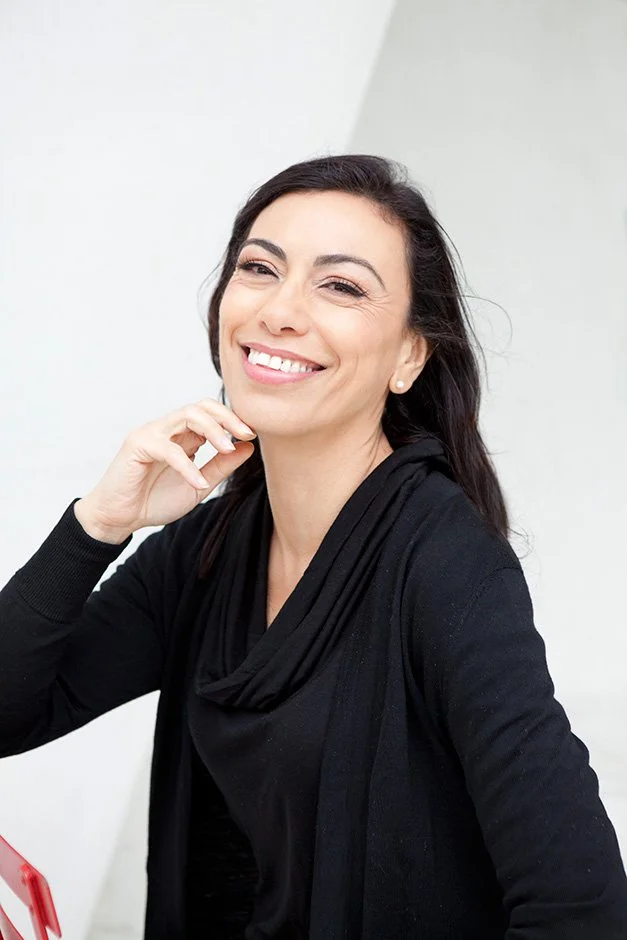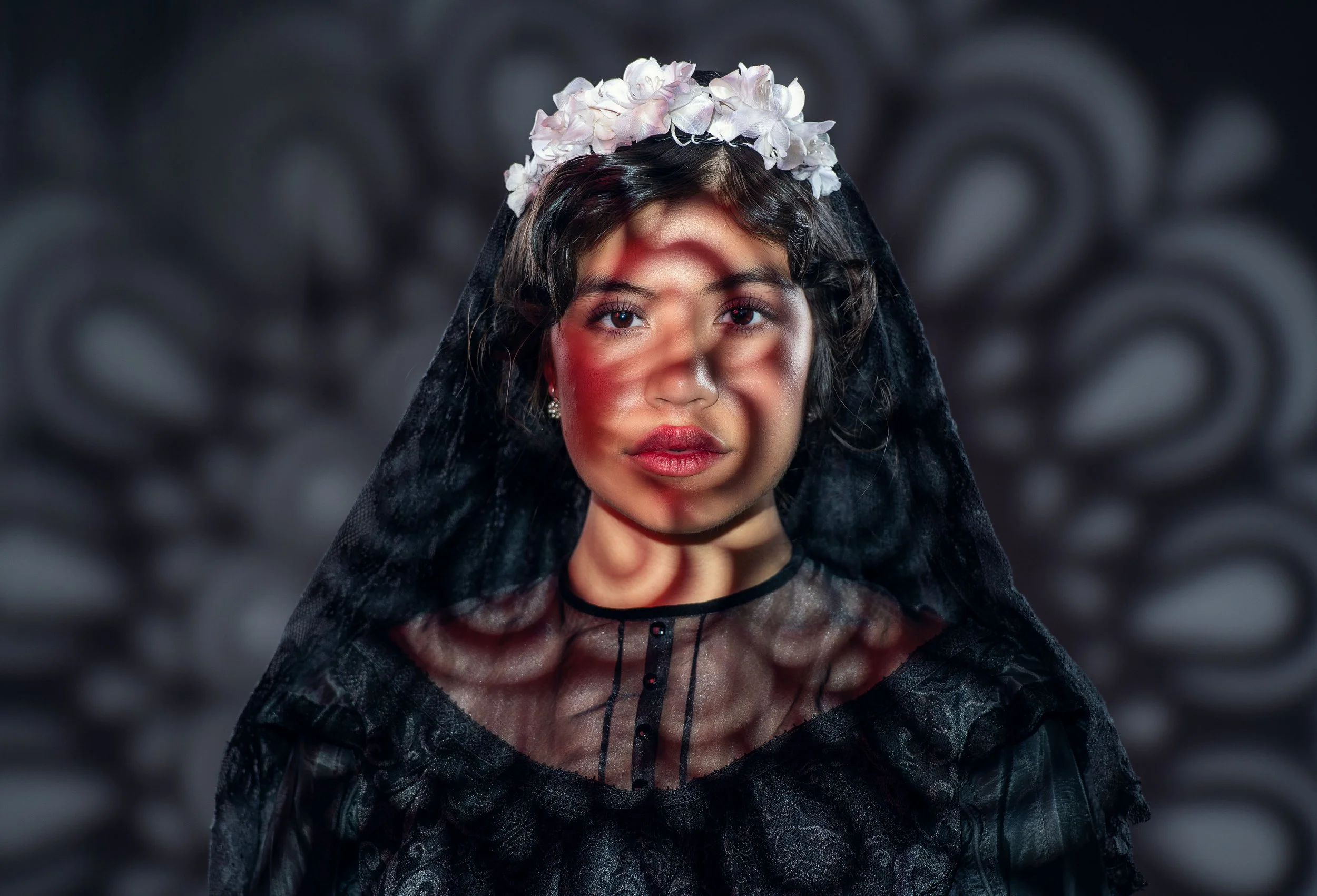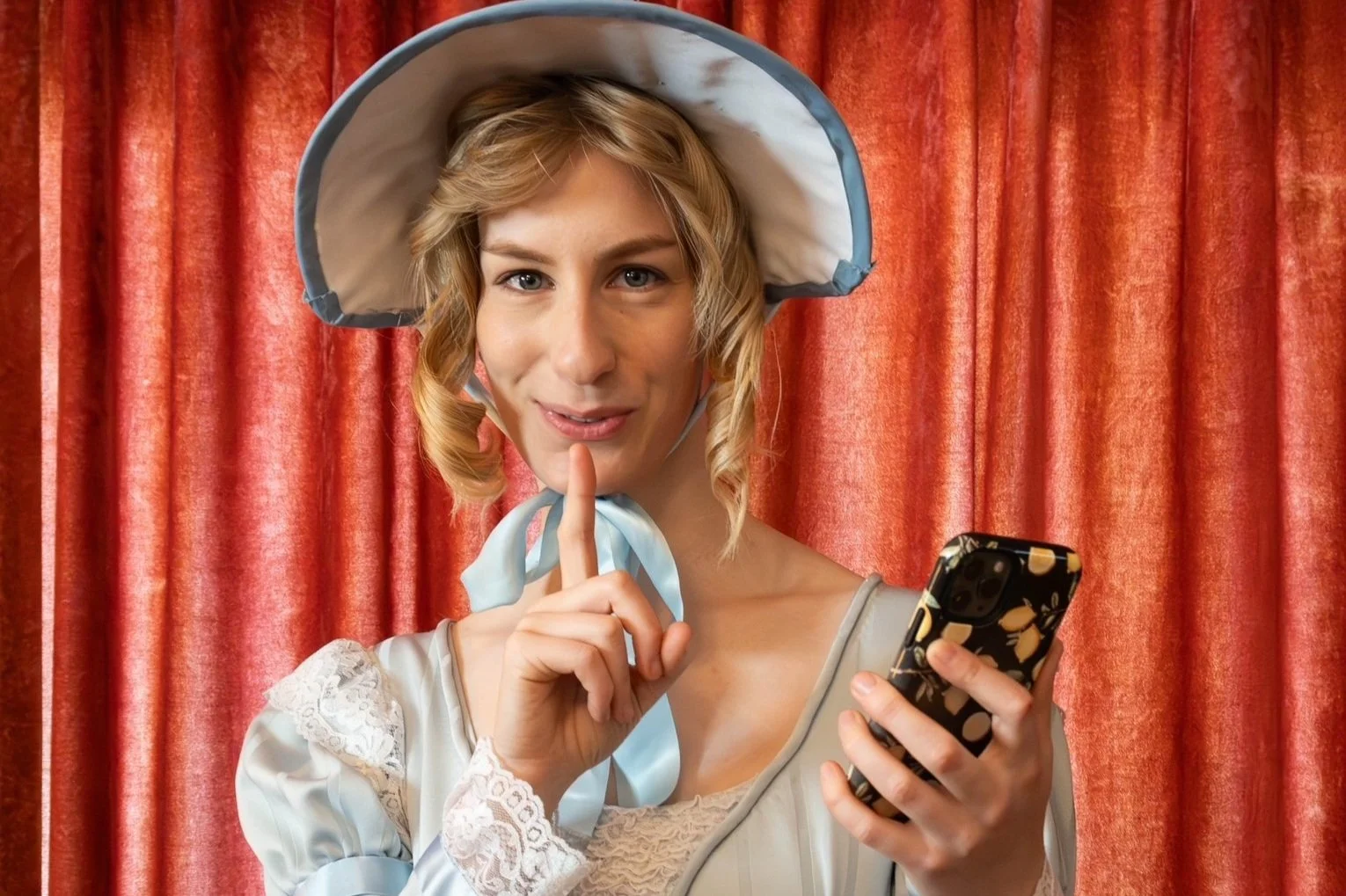Stir Q&A: Veteran Vancouver artist Carmen Aguirre sounds off on Federico García Lorca’s Blood Wedding
The playwright’s work, running at Studio 58, is as relevant today as it was when it premiered in 1933
Carmen Aguirre
Studio 58 at Langara College presents Blood Wedding from November 23 to December 3
FEDERICO GARCÍA LORCA’S Blood Wedding is on the surface a story of forbidden love: a Bride is not allowed to marry the man she truly loves, Leonardo, because of conflict between the two families. The passion between the two lovers is intense, but because of the rift, he goes on to marry another woman while her family arranges her union to another man. On a deeper level, the play explores gender roles, social mores, isolation, love, grief, loyalty, personal freedom, and dissent.
The play premiered in 1933, three years before the playwright was killed during the Spanish Civil War by Fascists; he was potentially a target for being a socialist as well as a gay man.
Local artist Carmen Aguirre is directing Blood Wedding for Studio 58, setting the play in an Andalusian bar on the eve of that war.
An Electric Company Theatre core artist, Aguirre has written and co-written more than 25 plays as well as the #1 international bestseller Something Fierce: Memoirs of a Revolutionary Daughter and its bestselling sequel, Mexican Hooker #1 and My Other Roles Since the Revolution.
Outside of Blood Wedding, she is keeping busy: Her new play Fire Never Dies: The Tina Modotti Project will premiere at the 2024 Chutzpah! Festival. She is adapting Euripides’s Medea for Bard on the Beach; writing The Consent Club (an adaptation of Molière’s The Learned Ladies), commissioned by Toronto’s Factory Theatre; and adapting Linebaugh and Rediker’s The Many-Headed Hydra for The Stratford Festival. Aguirre has more than 80 film, television, and stage acting credits as well as 20 theatre directing credits. She is a 2020 Siminovitch Prize finalist and a graduate of Studio 58.
Stir connected with Aguirre to hear more about her take on Blood Wedding.
Blood Wedding. Photo by Emily Cooper
Deeply poetic, Blood Wedding is often grouped with Yerma and The House of Bernada Alba for The Rural Trilogy. What is it about Blood Wedding that made you want to bring it to life as a director? What drew you to this work?
Courtenay Dobbie, artistic director of Studio 58, approached me earlier this year to direct the play. It was a surprise and an honour to be asked and I said yes immediately. I am a long-time fan of Federico García Lorca’s work and have never seen a production of Blood Wedding, although Carlos Saura’s 1980s flamenco film of the play had a profound effect on me when I saw it four decades ago.
What makes Blood Wedding relevant today? Why is it important for you to create and present this work in the here and now?
Blood Wedding is relevant today because it’s about resistance to restrictive societal norms. In my view, that theme is always relevant. The bride in this story is forbidden from marrying the man she loves not only because his family has a bad reputation, but also because he is poor. Federico García Lorca’s lens as a socialist and as a gay man along with his poetic language and clear, complicated characters are what make this play a masterpiece.
You’ve amassed a crack team of artists for this production, including choreographer Oscar Nieto, lighting designer Itai Erdal, and sound designer Emad Armoush, to name just a few. What can you tell us about the feel of the show and what the viewer experience will entail? How do song and dance help propel the plot?
It was so exciting to assemble this brilliant creative team and spend the last six months jamming with them. I have set the play in the mid 1930s in rural Andalucía right before the Spanish Civil War. The concept is that a roving theatre troupe made up of actors, dancers, musicians, and cantaores [singers] tell us the story. I don’t want to give away too much!
You’re a graduate of Studio 58. What’s it like for you to return at this moment in director’s shoes?
I graduated from Studio 58 exactly 30 years ago, and at that time it was inconceivable to me that I would be returning three decades later to direct Blood Wedding, a play that is rarely seen on Vancouver stages. It is a pleasure to be back and to work with a group of such talented students at my alma mater.















